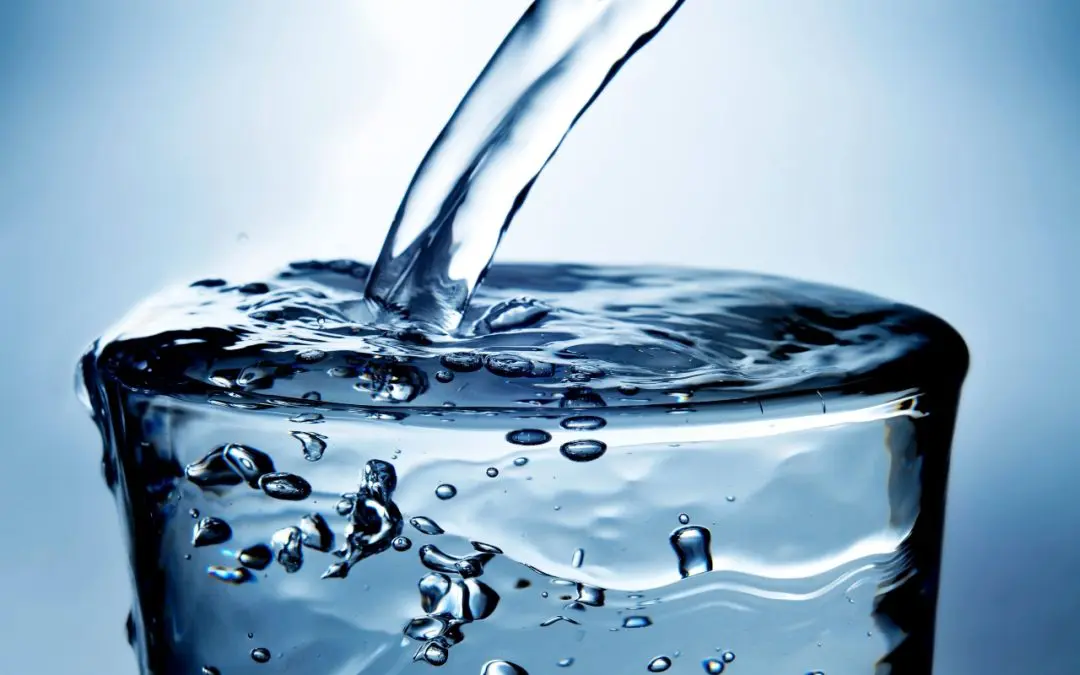Many homeowners don’t think about their water until an issue appears. Whether your home uses a private well or municipal supply, water quality affects your health, plumbing, appliances, and property value. Water quality testing examines what’s in your water, including minerals, bacteria, and potential contaminants like lead or nitrates. Even if your tap water looks clear, harmful substances can remain hidden without proper testing.
Why Water Quality Testing Is Essential
The importance of water quality testing goes beyond taste and clarity. Contaminants could cause serious health issues, especially when consumed over long periods. Elevated lead levels, for example, are harmful to children and pregnant women. Bacteria like coliform or E. coli may cause illness, while excessive hardness or high iron levels will damage plumbing fixtures and appliances. Regular water quality testing for homeowners using private wells is even more critical, since wells are not regulated or routinely treated like municipal systems. Even city water can carry risks, especially if delivered through aging pipes.
Professional Water Quality Testing vs. At-Home Kits
Many homeowners wonder if inexpensive at-home test kits are enough. While these kits will provide a quick snapshot, they have significant limitations. At-home tests often only screen for a few common issues and may not be highly accurate. Results are difficult to interpret, and they rarely provide the detail needed to make informed decisions about water treatment.
Professional Water Quality Testing, on the other hand, offers a far more comprehensive evaluation. A certified inspector collects water samples and sends them to a certified laboratory for detailed analysis. These tests measure a broad spectrum of contaminants with precise accuracy, giving homeowners a clear understanding of what’s in their water. A professional will also explain the results, recommend solutions, and guide you toward the best treatment options if needed. When it comes to safeguarding your family’s health, relying on professional testing provides peace of mind that an at-home kit cannot match.
The Role of Water Quality Testing in Home Inspections
For many buyers, a home inspection is the first opportunity to truly understand the condition of a property. Including water quality testing as part of this process guarantees that the home is safe not just structurally, but also in terms of what comes out of the taps. Discovering water issues early allows buyers to make informed decisions and potentially negotiate repairs or treatment systems before closing. For current homeowners, regular testing as part of ongoing maintenance will identify problems before they become costly or harmful.
Protecting Your Health and Your Home
One of the most important benefits of Water Quality Testing is protecting your family’s health. Safe water is essential for drinking, cooking, bathing, and cleaning. Beyond health concerns, water quality also affects your home itself. Hard water will shorten the lifespan of water heaters, dishwashers, and washing machines, while corrosive water could damage pipes and fixtures. By identifying issues early, homeowners will prevent costly repairs and extend the life of their plumbing systems and appliances.
Long-Term Peace of Mind
Water quality testing is not a one-time task. Conditions change over time due to shifting groundwater, aging infrastructure, or even seasonal variations. For well owners, annual testing is strongly recommended. For homeowners on municipal water, periodic testing provides reassurance that the water reaching your home remains safe. With professional water quality testing, you gain a reliable baseline and ongoing monitoring to guarantee that your water continues to meet safe standards year after year.
FAQs about Water Quality Testing
How often should water testing be done?
For private wells, annual testing is best. For municipal water, testing every few years or when you notice changes in taste, color, or odor is a good rule of thumb.
What does water quality testing check for?
Professional testing can measure bacteria, nitrates, lead, arsenic, hardness, pH levels, and many other contaminants that affect both health and home systems.
Can I rely on bottled water instead of testing?
Bottled water is not a substitute for safe tap water. Testing ensures the safety of your entire home system, including the water used for cooking, bathing, and cleaning.
Is professional water testing expensive?
The costs are reasonable compared to the potential risks of contaminated water or damage to plumbing. Many homeowners consider it an investment in health and peace of mind.
What happens if my water fails the test?
If contaminants are found, your inspector will guide you toward effective solutions, such as filtration, softeners, or specialized treatment systems, to bring your water back to safe levels.
TMK Inspections offers inspection services in Southeast Pennsylvania. If you’re buying or selling a home, contact us to request an appointment.

